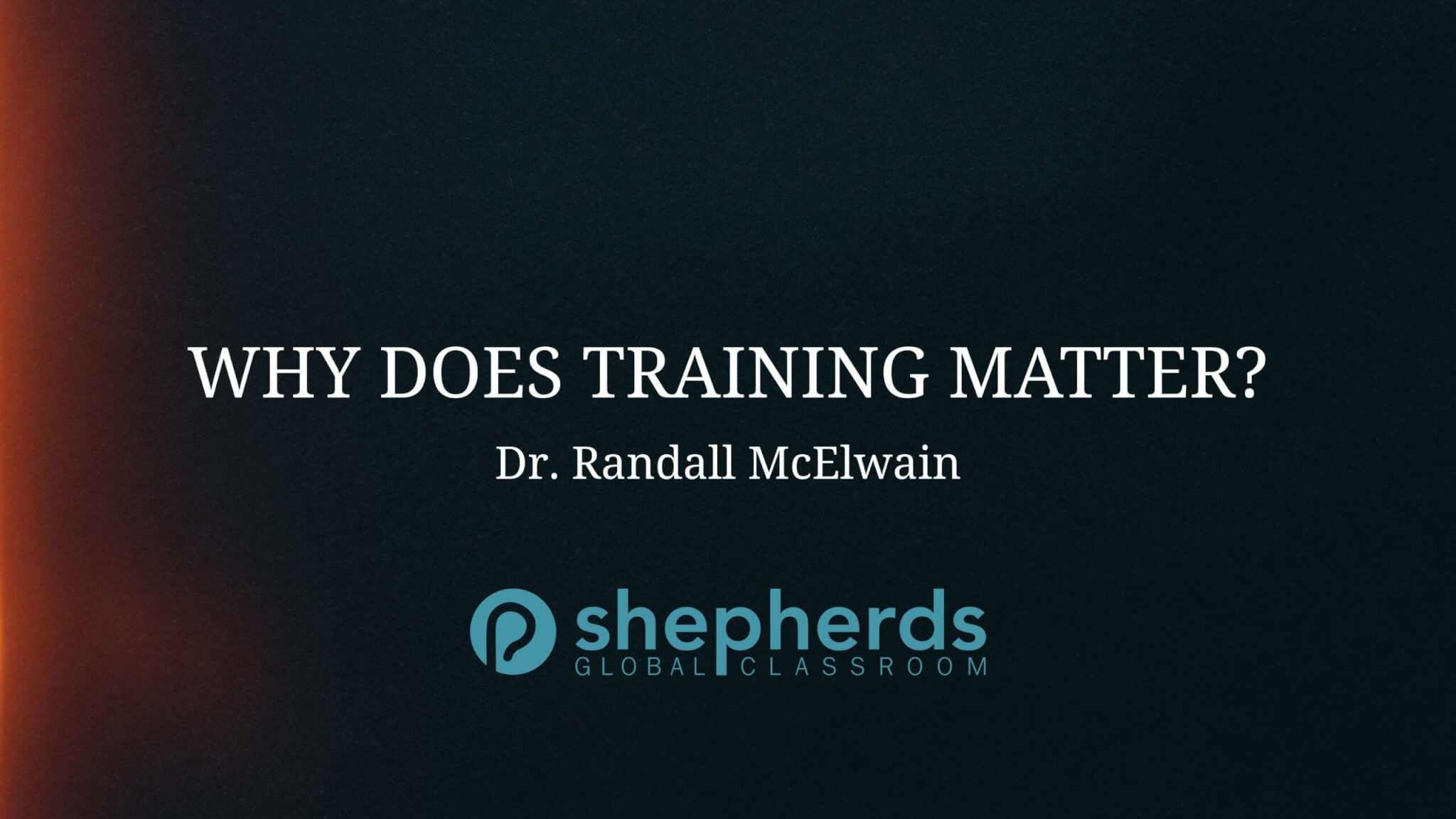For when I am weak, then I am strong (2 Corinthians 12:10)
Each year, dozens of commencement speeches quote the final lines of William Ernest Henley’s poem Invictus:
I am the master of my fate,
I am the captain of my soul.
Invictus is a Latin term that means “Invincible.” The poet prides himself on his ability to face the worst life has to offer with courage and strength.
The church at Corinth could have taken Invictus as their motto. They prided themselves on their strength and wisdom. They gloried in prosperity, miracles, and great oratory.
But Paul offered a different view of ministry. Instead of Invictus (“I am invincible”), Paul’s motto was Infirma (“I am weak”). Instead of great victories, Paul “boasts” of great sufferings:
Three times I was shipwrecked; a night and a day I was adrift at sea; on frequent journeys, in danger from rivers, danger from robbers, danger from my own people, danger from Gentiles, danger in the city, danger in the wilderness, danger at sea, danger from false brothers; in toil and hardship, through many a sleepless night, in hunger and thirst, often without food, in cold and exposure. And, apart from other things, there is the daily pressure on me of my anxiety for all the churches. Who is weak, and I am not weak? Who is made to fall, and I am not indignant? If I must boast, I will boast of the things that show my weakness (2 Corinthians 11:25-30).
Even worse, Paul tells of his prayer for deliverance from a painful thorn in his flesh. Then as now, some people preached, “If you have enough faith, God will heal you. Just name it and claim it.” If anyone could claim this promise, it should be this great apostle. But instead of healing Paul, God promised,
“My grace is sufficient for you, for my power is made perfect in weakness.”
Instead of Invictus, Paul experienced Infirma. Instead of strength, he found weakness. Instead of glory, he suffered defeats. But Paul responded,
Therefore I will boast all the more gladly of my weaknesses, so that the power of Christ may rest upon me. For the sake of Christ, then, I am content with weaknesses, insults, hardships, persecutions, and calamities. For when I am weak, then I am strong (2 Corinthians 12:9-10).
Pastor, do you feel weak? Missionary, do you suffer opposition? Church leader, are the cares of the church more than you can bear?
Don’t seek to be invincible. Don’t think you are the master of your fate. Don’t claim to be the captain of your soul. Instead, rejoice in your weakness. Learn with Paul that “God is the captain of your soul.” And through your weakness, His power will be made perfect.





